
Company News
15/01/2020
The 9 advantages of 5G Connectivity for those living in Smart Cities
2020 will be the year of 5G. All major players in the ICT sector are certain of it and openly declare it. In addition to offering us greater speed in terms of mobile connection, 5G proliferation will also accelerate the evolution of smart cities, vehicles, intelligent production systems and more generally IoT. In other words, the real added value of 5G will not be limited to the use of telephones.
Thanks to this technology, our daily life will be transformed for the better.
In France, 92% of the communities with over 5,000 inhabitants have already launched a smart city project (source: Syntec Numérique), while in Italy 61% of the Municipalities do not have private initiatives active in their territory in a smart city perspective (source: Polytechnic of Milan).
We are therefore facing a period of technological transition that the various international actors will face with different approaches.
The first warfare will be in the infrastructure sector. In the past, the introduction of optical fiber has been the main test bench for digital innovation in cities, today 5G redistributes the cards. While on the one hand connectivity may seem to be the priority aspect to implement, on the other hand we must not forget the challenges that await us regarding data collection, privacy protection and more generally, the social impact.
In order to create attractive Business Poles, the marriage between Smart City and 5G is essential.
But what are the advantages of this innovation?
1. Guarantees flexibility for business use
Network slicing, which is one of the specific properties of 5G, guarantees the use of the network even during high-density congestions: an optimal flow perspective and access in all circumstances for maximum efficiency.
2. Saves money
"Smart city" also means a very large density of sensors. In the spotlight: energy saving is guaranteed, thanks to the use of intelligent devices that come into action when vehicles or pedestrians are detected, or for leaks detected in water supplies. There are many applications that use 5G and promise to increase upto ten times the number of IOT sensors that can be installed in our cities.
3. Easy maintenance
In the heart of the Smart City, routine maintenance is simpler, more interactive and more efficient. In fact, being an interconnected city, citizens could for example report anomalies and problems through an application, while the operators in charge would be notified in real time
4. Faster interventions
Immagine the application of augmented reality in the field of public urban planning, where the operator, equipped with a special display, has the possibility to identify problems faster, thus reducing intervention times and the consequent drawbacks for the inhabitants.
5. Greater security for urban operators
The 5G technology networks helps to reduce work fatigue and will allow operators to carry out activities simultaneously and in different places in the area by remote-controlling. Thanks to the low lag time and high speed video feedback provided by 5G, the control of machines from a single center will completely revolutionize the operations of those who work in the city.
6. Re-invents mobility
Increased speed in the exchange of information could also lead to new forms of mobility. As already happens today in some large cities, it could be possible to implement car sharing systems or smart mobility APPs to support public transport, with a significant reduction in traffic and air pollution.
7. Environment friendly
Energy consumption and transport emissions are now expected to account for over 25% of global CO₂ production
inamento.
OTHER NEWS


One Company: Voilàp India

MTH monolith awarded at forum serramenti 2025
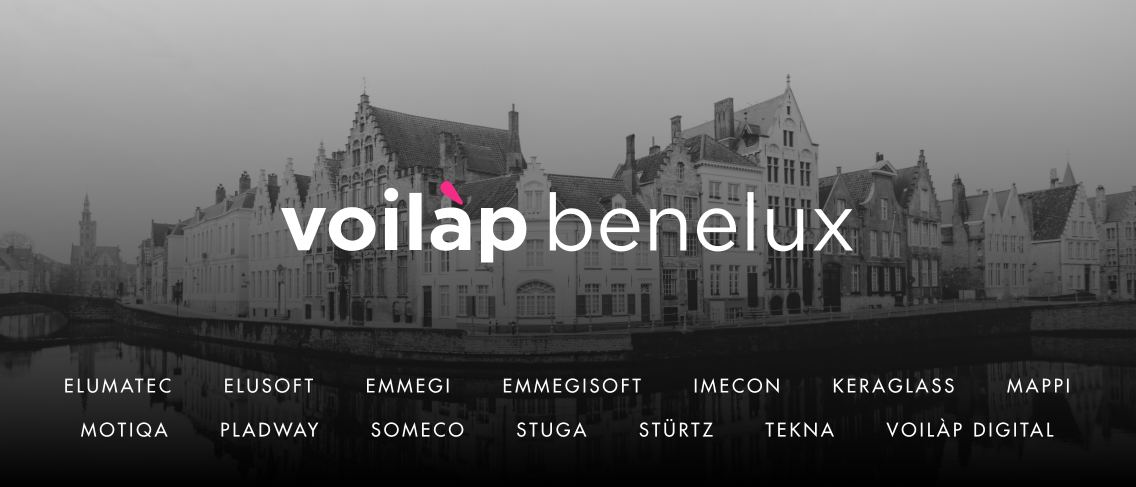
One Company: Voilàp in Benelux

Voilàp expands in smart factories and acquires Stürtz
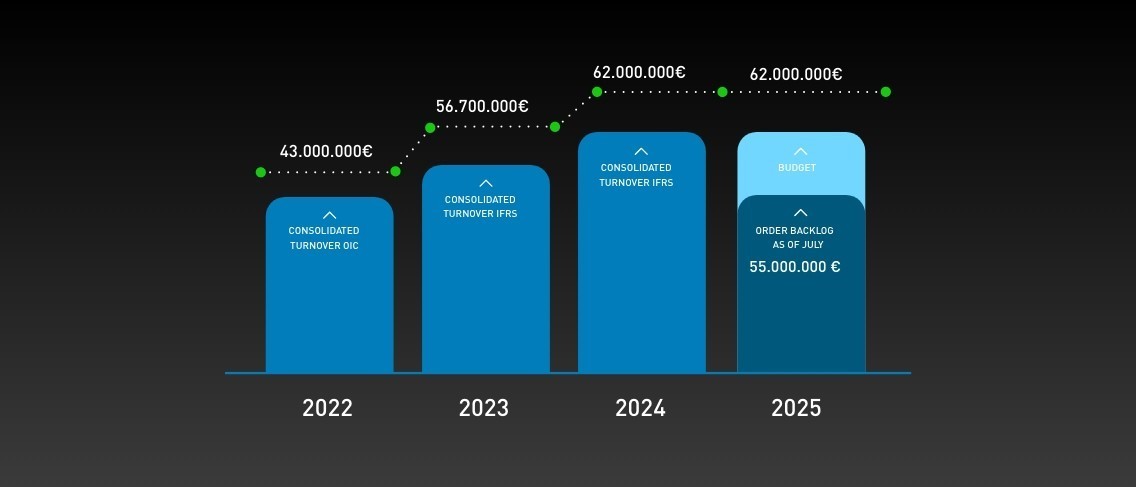
Keraglass consolidates growth trend: a success built with customers
02/08/2025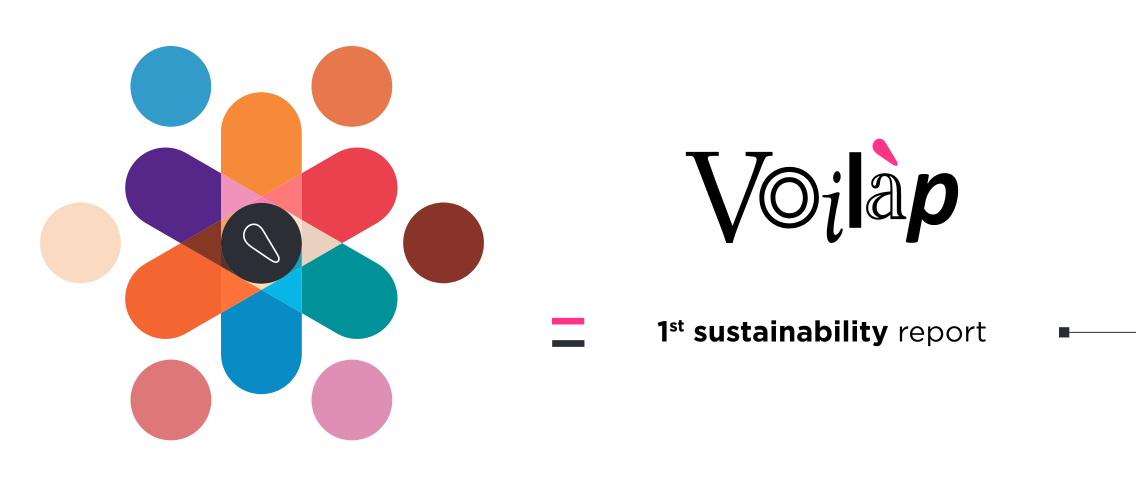
Voilàp Group releases its 1st Sustainability report
15/07/2025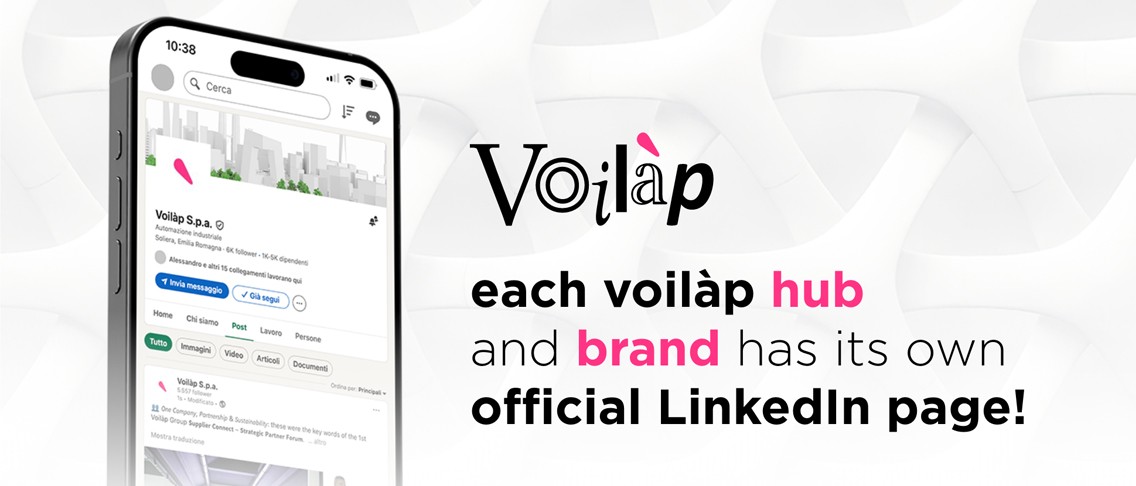
We’re excited to share a new update!

A new Code of Ethics for all Voilàp Group

“One company”
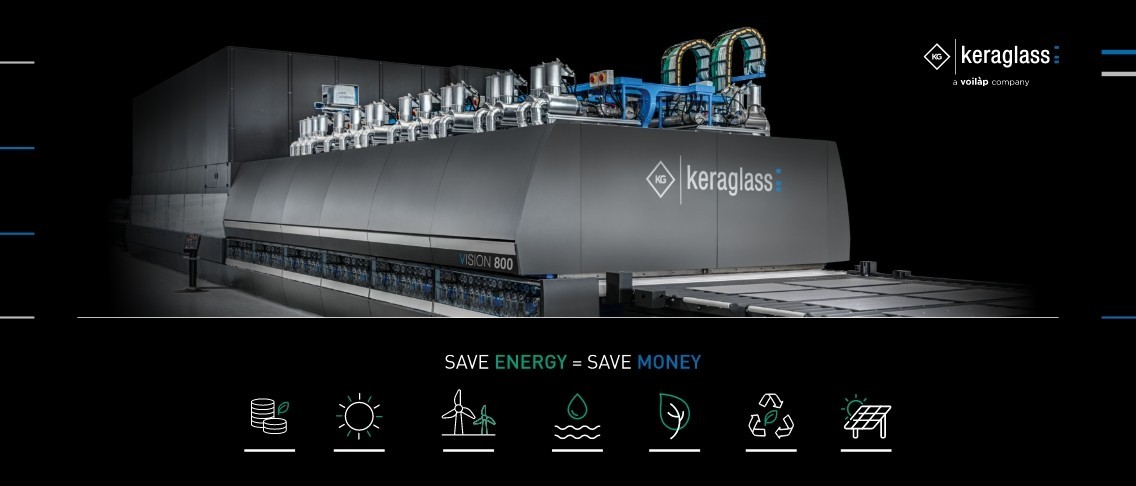
The reality of energy efficiency in tempering furnaces
18/06/2025
Each of our brands now have its own official LinkedIn page!
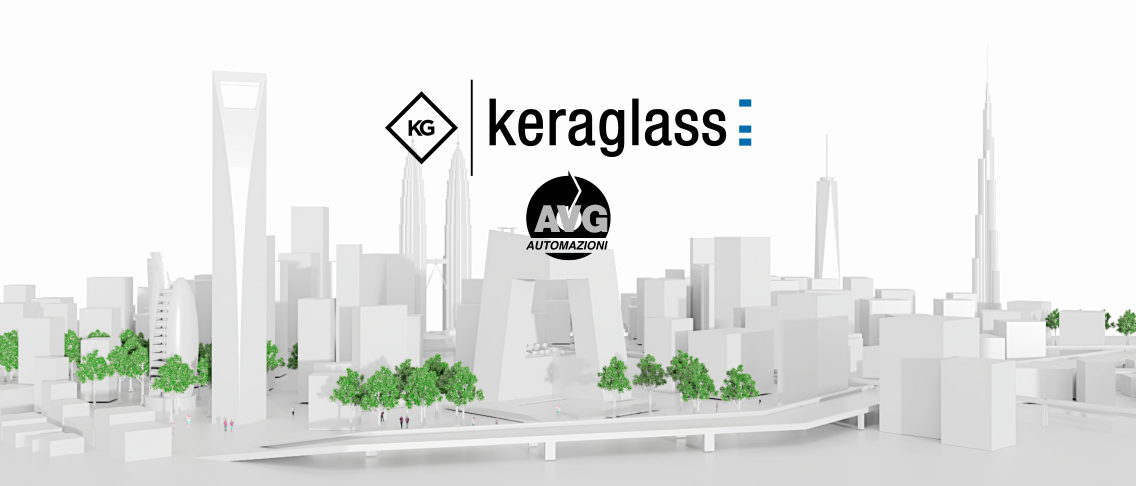
Keraglass acquires 100% of AVG Automazioni

Glassfer invests in advanced technology

SBZ 145 has been nominated for the 2025 Window and Door Awards!

SBZ 625 has been nominated for the 2025 Window and Door Awards!

VISION 900 has been nominated for the 2025 Window and Door Awards!

Satellite XTE has been nominated for the 2025 Window and Door Awards!
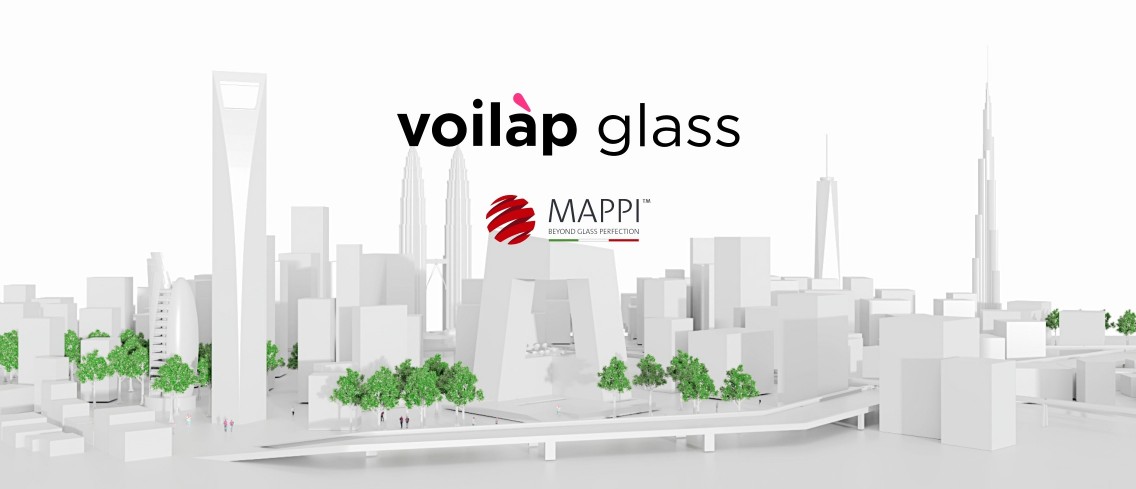
Voilàp Glass acquires majority stake in Mappi International





